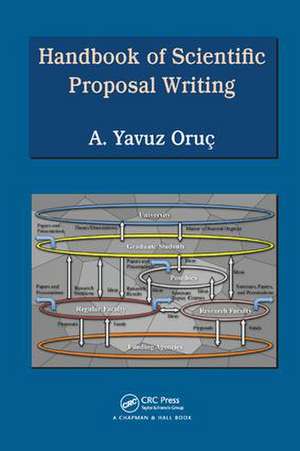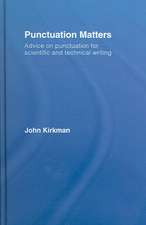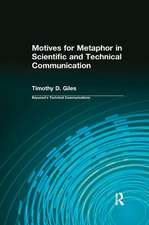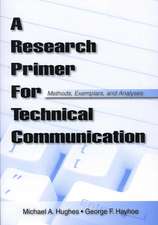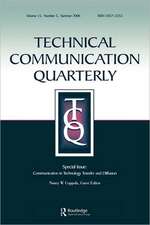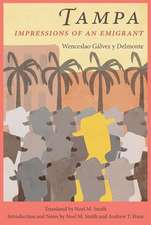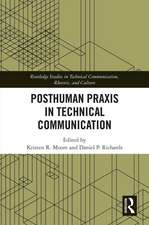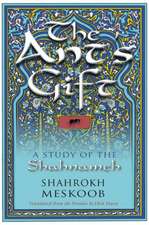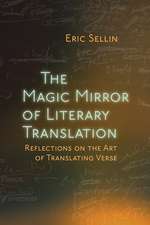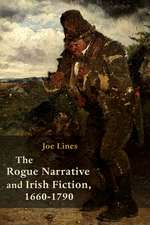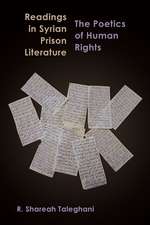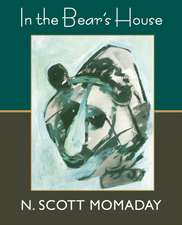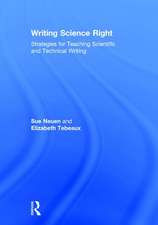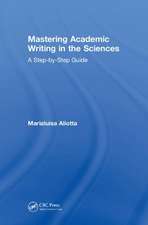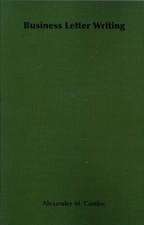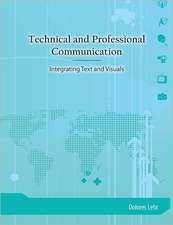Handbook of Scientific Proposal Writing
Autor David Weber, A. Yavuz Orucen Limba Engleză Paperback – 26 oct 2017
Investigators, their home institutions, and funding agencies play significant roles in the development and outcomes of scientific projects. Submitting a proposal to a funding agency is only one dimension of a multivariable and complex funding process, and understanding this is a good first step toward unlocking the puzzle behind why some research proposals receive awards while others are declined. The Handbook of Scientific Proposal Writing offers researchers and research administrators a broad perspective on the process of initiating and conducting funded scientific research projects.
Written for students and researchers in all fields and disciplines, this reference offers a holistic approach to conceiving and then converting new ideas into effective proposals. It focuses on the technical aspects of writing proposals rather than the fund-raising issues. Chapters provide full coverage of the scientific method, including information on how scientific research should be conducted.
Providing the tools necessary to organize ideas and obtain the funds needed to effectively manage projects, the Handbook of Scientific Proposal Writing includes:
- 56 figures and 25 tables to help convey key ideas
- More than 150 citations that provide pointers to additional sources for further reading
- Examples to help the reader ease through more abstract concepts
- End-of-chapter questions to stimulate further examination and comprehension
Preț: 454.94 lei
Preț vechi: 589.30 lei
-23% Nou
87.13€ • 89.77$ • 72.99£
Carte tipărită la comandă
Livrare economică 24 februarie-10 martie
Specificații
ISBN-10: 1138114200
Pagini: 243
Ilustrații: 59
Dimensiuni: 156 x 234 mm
Greutate: 0.36 kg
Ediția:1
Editura: CRC Press
Colecția Chapman and Hall/CRC
Cuprins
Each chapter includes a Summary, Biographical notes, and Questions
Notă biografică
Dr. Oruç has been a full professor at the University of Maryland, College Park since 1995. He previously held faculty positions at RPI and Bilkent University. His research resulted in more than 110 publications in archival journals and conference proceedings, and the supervision of 16 doctoral dissertations and 24 Masters theses. He was an associate editor for the IEEE Transactions on Parallel and Distributed Systems between 2003 and 2007.
He is the co-inventor of the CodeMill language and programming software for which he received the 2000 Teaching With Technology Award from University of Maryland. Dr. Oruç is also the co-inventor of Whowon, a computer application that provides election results on iPhones.
Descriere
Investigators, their home institutions, and funding agencies play significant roles in the development and outcomes of scientific projects. Submitting a proposal to a funding agency is only one dimension of a multivariable and complex funding process, and understanding this is a good first step toward unlocking the puzzle behind why some research proposals receive awards while others are declined. The Handbook of Scientific Proposal Writing offers researchers and research administrators a broad perspective on the process of initiating and conducting funded scientific research projects.
Written for students and researchers in all fields and disciplines, this reference offers a holistic approach to conceiving and then converting new ideas into effective proposals. It focuses on the technical aspects of writing proposals rather than the fund-raising issues. Chapters provide full coverage of the scientific method, including information on how scientific research should be conducted.
Providing the tools necessary to organize ideas and obtain the funds needed to effectively manage projects, the Handbook of Scientific Proposal Writing includes:
- 56 figures and 25 tables to help convey key ideas
- More than 150 citations that provide pointers to additional sources for further reading
- Examples to help the reader ease through more abstract concepts
- End-of-chapter questions to stimulate further examination and comprehension
